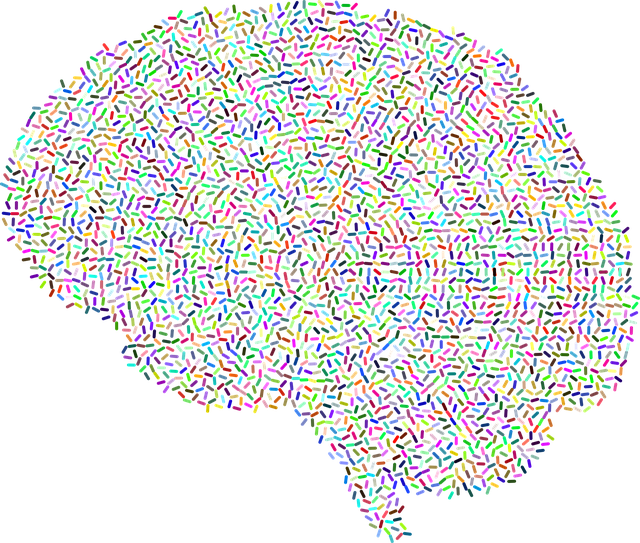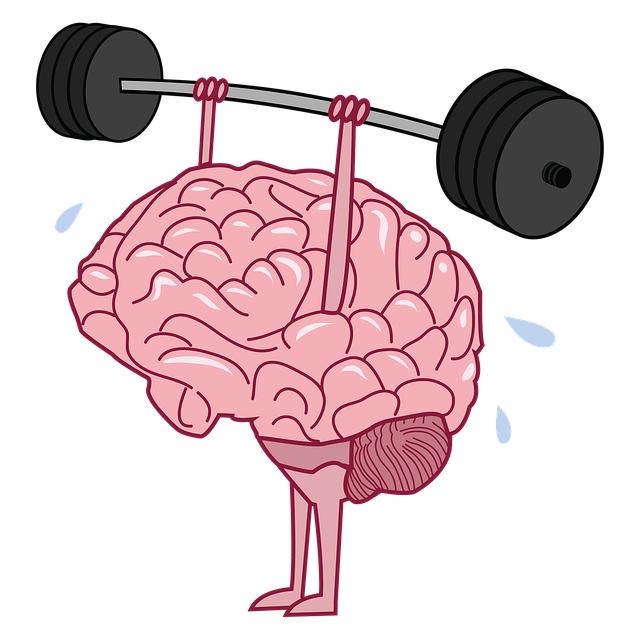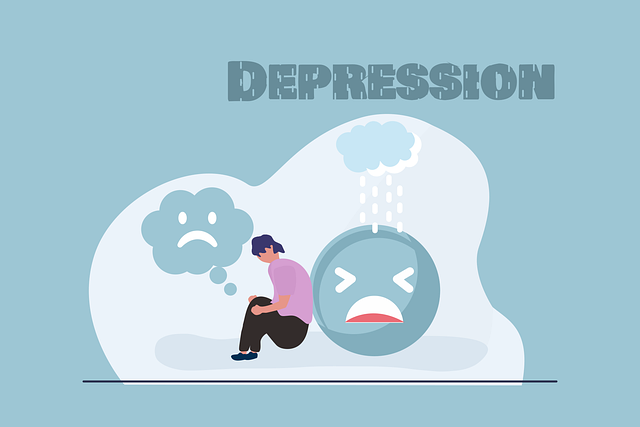Trauma-informed care is essential for supporting individuals with learning disabilities, who often face mental health challenges due to adverse experiences. Superior Learning Disability Therapy (SLDT) is a specialized approach that goes beyond traditional therapy by incorporating self-awareness exercises and strategies tailored to their needs. SLDT fosters emotional healing, self-understanding, and confidence building in a safe environment, utilizing evidence-based practices like CBT and EMDR. Creating an inclusive space with cultural sensitivity is crucial for effective interventions, ensuring individuals receive personalized support for their unique challenges stemming from trauma.
“Trauma support services are an essential aspect of holistic care, especially for individuals with learning disabilities who may face unique challenges. This article explores the profound impact of trauma on this population and highlights the critical role of Superior Learning Disability Therapy in offering effective support.
We delve into strategies for creating safe, inclusive environments fostering healing and provide insights into delivering trauma-informed care tailored to their needs. By understanding trauma’s complexities, we can enhance services, ensuring individuals with learning disabilities receive the specialized attention they deserve.”
- Understanding Trauma and Its Impact on Individuals with Learning Disabilities
- The Role of Superior Learning Disability Therapy in Trauma Support
- Creating a Safe and Inclusive Environment for Healing
- Effective Strategies for Providing Trauma-Informed Care
Understanding Trauma and Its Impact on Individuals with Learning Disabilities

Understanding trauma is a critical component in providing effective support to individuals with learning disabilities. Trauma, whether experienced early in life or later, can significantly impact their emotional and cognitive development. Many people with learning disabilities have been exposed to adverse events like abuse, neglect, or severe stress, which can lead to complex mental health challenges. These experiences may result in a range of responses, from anxiety and depression to more severe conditions such as post-traumatic stress disorder (PTSD).
Trauma-informed care recognizes the profound effect these experiences can have on individuals’ ability to learn, communicate, and interact socially. It involves adapting traditional therapy methods to address the unique needs of this population. Superior Learning Disability Therapy should incorporate strategies like Social Skills Training and Communication Strategies tailored to their specific barriers and strengths. A comprehensive risk assessment for mental health professionals is essential to ensure a safe and supportive environment, especially when dealing with individuals who may have experienced complex trauma.
The Role of Superior Learning Disability Therapy in Trauma Support

Superior Learning Disability Therapy (SLDT) plays a pivotal role in trauma support services by addressing the unique needs of individuals with learning disabilities who have experienced traumatic events. SLDT goes beyond traditional therapy methods to incorporate self-awareness exercises tailored for this specific population, enabling them to process and express their emotions effectively. By fostering self-understanding and empathy building strategies, SLDT helps clients develop coping mechanisms that are sensitive to their learning differences.
The integration of these therapeutic approaches is especially crucial as individuals with learning disabilities may struggle with communication and understanding complex emotional experiences. Mental wellness podcast series production, a by-product of SLDT, offers accessible platforms for sharing recovery stories and promoting empathy within the broader community. Through engaging content, these podcasts contribute to breaking down stereotypes and increasing awareness about the distinct challenges faced by those with learning disabilities who have experienced trauma.
Creating a Safe and Inclusive Environment for Healing

Creating a safe and inclusive environment is paramount in trauma support services. It serves as a crucial foundation for individuals to begin their healing journey. This involves fostering a space where every person feels embraced, respected, and understood, regardless of their background or identity. In the context of Superior Learning Disability Therapy, this translates into tailoring approaches that cater to diverse needs, including those with learning disabilities. Social Skills Training plays a vital role here, ensuring individuals develop the confidence to engage and communicate effectively in various settings.
Cultural sensitivity in mental healthcare practice is also essential. Recognizing and appreciating cultural differences can prevent misunderstandings and promote trust between clients and therapists. This is particularly important as it enables practitioners to offer more accurate assessments and tailored interventions. By incorporating these considerations, trauma support services can create an enabling environment that enhances healing, making it effective for addressing issues such as depression prevention among those who have experienced traumatic events.
Effective Strategies for Providing Trauma-Informed Care

Providing trauma-informed care requires a nuanced approach that prioritizes understanding and addressing the unique needs of individuals with traumatic experiences. A key strategy involves incorporating Superior Learning Disability Therapy tailored to each person’s specific challenges. This therapy goes beyond traditional methods by focusing on enhancing emotional healing processes, fostering self-awareness exercises, and boosting confidence. By creating a safe and supportive environment, therapists can help clients process their trauma in a controlled manner, promoting positive outcomes.
Additionally, the integration of evidence-based practices such as cognitive behavioral therapy (CBT) and eye movement desensitization and reprocessing (EMDR) has proven effective. These techniques assist individuals in reframing negative thoughts associated with trauma while helping them process and resolve distressing memories. Encouraging open communication, providing clear boundaries, and ensuring consistent care are essential components of delivering trauma-informed support that empowers individuals on their journey towards healing and recovery.
In conclusion, addressing trauma in individuals with learning disabilities requires a nuanced approach where Superior Learning Disability Therapy plays a pivotal role. By understanding the unique impact of trauma on this population and implementing effective strategies to create safe, inclusive healing environments, we can enhance the delivery of trauma-informed care. Recognizing the importance of these steps is crucial for fostering holistic recovery and improving the lives of those affected by trauma.














